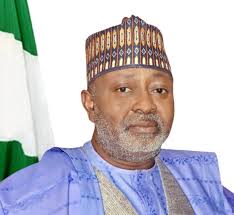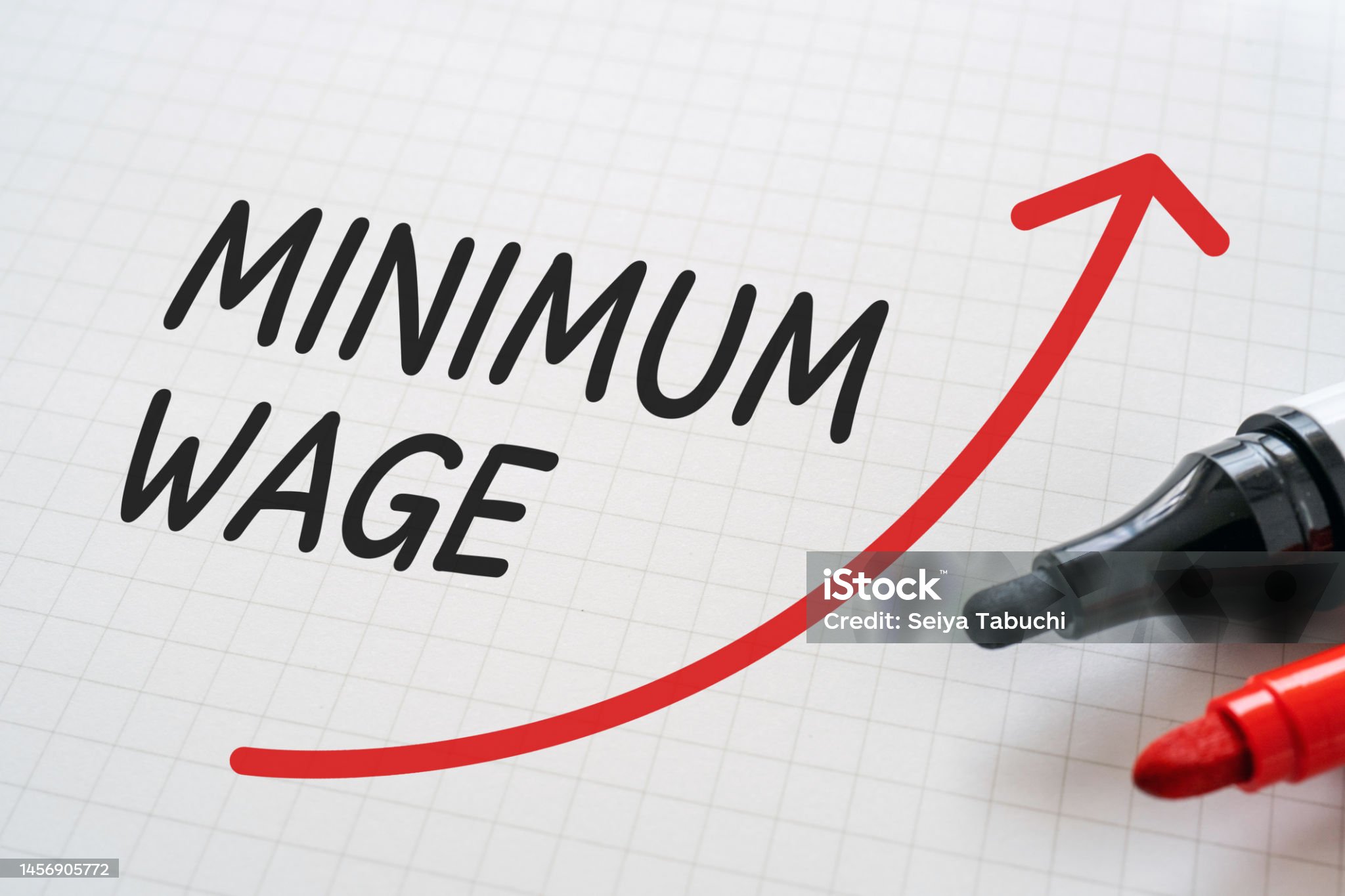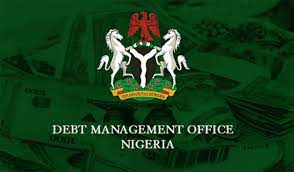Headlines
Private Employers Paying Below N70,000 Minimum Wage Face Jail Time, Warns FG

The Federal Government has warned that private employers who fail to pay the N70,000 minimum wage could face imprisonment. Learn more about the new directive and its enforcement.
The N70,000 minimum wage has been mandated by the Federal Government for agencies hiring individuals in the private sector. Any failure to comply with this directive will not be accepted and could result in consequences.
The FG asserts that the newly proposed minimum wage is essential to tackle the current economic conditions. Their stance underscores their strong belief in granting all Nigerian workers, whether employed by government or private entities, a salary no less than this threshold amount.
During the 13th Annual General Meeting of the Employers Association for Private Employment Agencies of Nigeria in Ikeja, Lagos held on Wednesday, Alhaji Ismaila Abubakar -the Permanent Secretary at Federal Ministry of Labour and Employment- declared this.
John Nyamali, representing Abubakar from the ministry’s Employment and Wages department, announced that it is now unlawful for employers to pay their workers less than N70,000 as the minimum wage law has been implemented. Any employer who violates this will face punishment under the law.
It should be mandatory for private employment agencies to include a clause in their contracts with clients that ensures the workers receive no less than the minimum wage. In Nigeria, even the most lowly paid employee ought to earn at least N70,000; accounting for all possible deductions.
Failing to implement the minimum wage law can result in imprisonment as per regulations. The Federal Government is dedicated to guaranteeing that workers receive a minimum of N70,000.
READ ALSO:NYSC DG Pledges Higher Allowance for Corps Members Under New Minimum Wage
Dr. Olufemi Ogunlowo, the President of Nigeria’s Employers Association for Private Employment Agencies, urged both the government and Nigerian Labour Congress to specify whether N70,000 minimum wage is gross or net during his speech. He emphasized that all uncertainties in the Act must be thoroughly clarified and explained.
Ogunlowo states that the EAPEAN has already made a commitment to ensuring minimum wage, creating quality employment opportunities for Nigerians and preventing exploitation of human resources.
As a union of private sector employers, we are dedicated to upholding the minimum wage regulation. Our association is committed to following the law and adhering to ethical standards. Furthermore, both our principles and customers support this stance on minimum wage compliance.
He stated that the minimum wage of N70,000 must be clarified by the government as either net or gross. He added that both the government and NLC should resolve any uncertainties surrounding it.
During the programme, Funmilayo Sessi, Chairperson of NLC Lagos State Council addressed attendees and pointed out that due to current difficulties in Nigeria it has negated any income a worker may earn. She urged private employers to comply with minimum wage regulations by paying their employees no less than N70 000 monthly.
“The N70,000 is inadequate given the current economic situation,” she stated. “As soon as consequential adjustments have been made, all private employment agencies should begin implementing a minimum wage of N70,000 for their employees.”
A firm implementation of the minimum wage will be ensured by NLC in Lagos State. It is recommended that EAPEAN refrains from any clash with NLC regarding the same matter.



